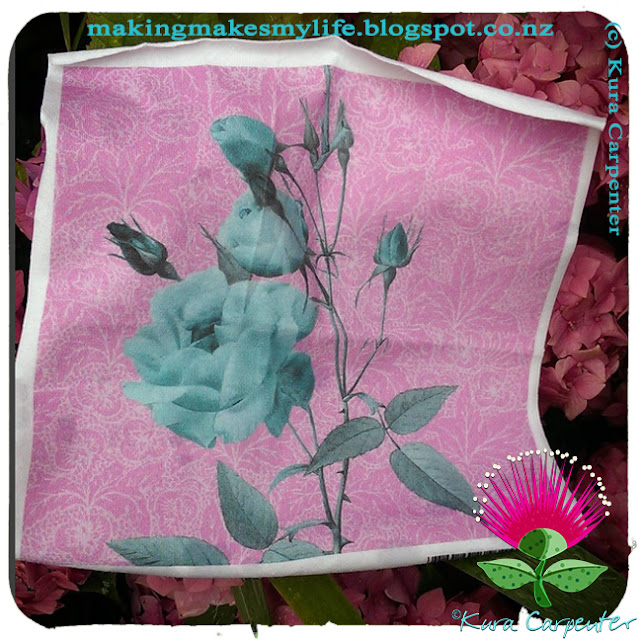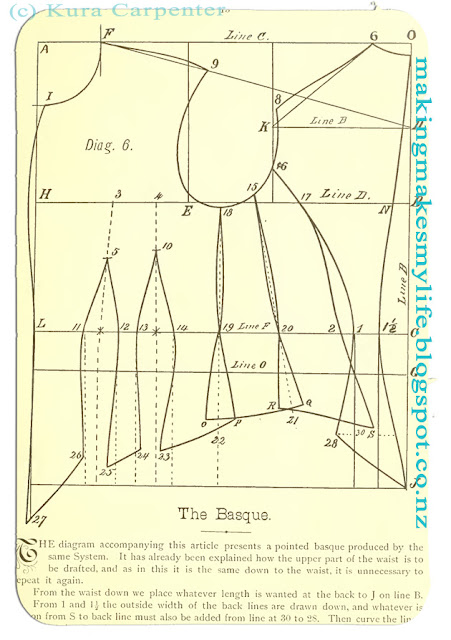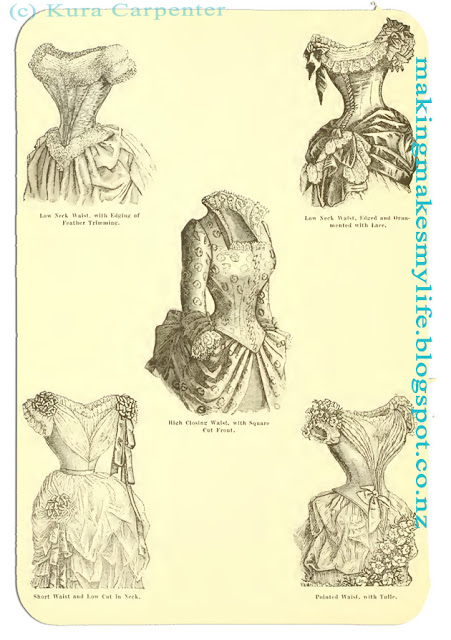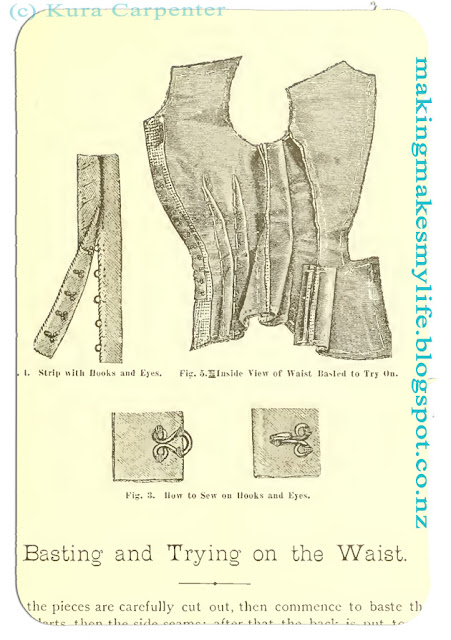 Are You looking for the perfect
gift for the Jane Austen fan who has everything and still wants more??? More Collins? More Darcy? More Choices?
Are You looking for the perfect
gift for the Jane Austen fan who has everything and still wants more??? More Collins? More Darcy? More Choices?
I'm a huge Jane Austen fan. Pride and Prejudice is one my may all time favourite books and this year I decided to share my love of Austen by writing a Quiz Book which I hope will also delight new readers and die-hard Austenites.“It is a truth universally acknowledged, that an intelligent Reader with a good sense of humour, must be in want of more Jane Austen.”
To View on Amazon.com Click HERE : Jane Austen’s Pride and Prejudice – Quiz Book -Complete Novel Plus: Quizzes, Crosswords and WordSearches
Whether you’re a
Pride and Prejudice expert, or new to the delightful works of
Jane Austen this brand new edition contains something for all. Inside
you will find:
-
Pride and Prejudice complete novel
-
61 Chapter Quizzes
-
30 Crosswords
-
31 Word Searches
All 120+ pages of
puzzles have been specifically written for each chapter, and
will entertain for hours.
True Fans of P&P
who already know Longbourn was terrorised by an arsonist, Wickham a
spy for Napoleon, and Mr Collins the heartthrob of a generation, will
find the quizzes superbly easy. Everyone else will find them
tolerably amusing.
I hope you'll consider looking it up my Pride and Prejudice Quiz Book on Amazon or Pin it on Pinterest.
Thank You! A
portion of the proceeds from the sale of my book will be donated to
causes I am involved with, including:
1) Adoption of
retired racing greyhounds.
2) Purchasing books
for children staying in the local hospital.











































